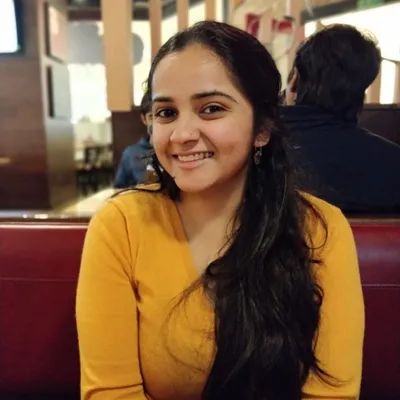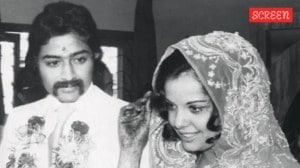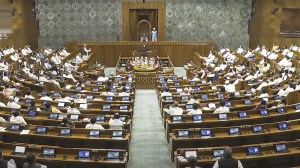Click here to follow Screen Digital on YouTube and stay updated with the latest from the world of cinema.
Gulzar’s Parichay is a study of a dysfunctional family, but can we accept that ours is broken?
Gulzar's Parichay is a humble reminder that love might be the solution to all problems but to actually solve those problems, loving each other is never sufficient.
 Pran in Gulzar's 1972 film Parichay.
Pran in Gulzar's 1972 film Parichay. Leo Tolstoy was on to something when he said all happy families are alike, but every unhappy family is unhappy in its own way. Even then, Indian families — and the elders there — have some features unique to them. They expect to be respected just because they have a few more decades than you, and set down the rules by which you will lead your life. Being older is equal to being wiser, and dare you question that axiom.
When a younger member of the family, no matter what their age, take their own decisions, they are seen as rebels. Gulzar’s 1972 film Parichay is the story of one such rebellion. It shows the repercussions of one man’s decisions who chose to live his life his way, and found out that his father’s love came with terms and conditions that required him to forsake any choice.
Here, Pran’s Rai Saheb lives with his five grandchildren. He believes they are unruly and need to learn how to live in a civil society. The kids believe that their grandfather is an authoritarian bully who did not bother to check on their father when he was struggling to survive. The very air of this house is crackling with hatred. The grandfather hires a new teacher Ravi, played by Jeetendra, to get the kids in order but he isn’t the first guy who has been hired for the job. Jeetendra’s Ravi becomes the agent of change in this house where laughter is banned, and kids aren’t allowed to play or sing. As Jeetendra slowly reaches out to the kids and provides them with a balanced life, they bloom. But what about their grandfather?
It is often assumed that older people are set in their ways and are extremely resistant to change. It is possible for Ravi to talk to the grandchildren, one of whom is Jaya Bachchan’s Rama (also his love interest), and make them see his side but Rai Saheb is never told blatantly that his treatment of his son was absolutely unkind.
The film sees Pran leave on a trip for a few days and upon his return, he finds out that the mood in his house has completely shifted. From being stuffy and rigid, things have changed to being a lot more relaxed and casual. Gulzar, via Ravi, tries to say that there is no point in trying to find the person to pin the blame on. One just has to simply forgive and forget to be with their family. Yet, we never see what made Pran give up on his rigid attitude. When he sees his grandkids studying sincerely as they call him ‘dadaji’ and touch his feet, he is taken aback. When he hears that his dead son, whom he cut ties with almost two decades ago, often spoke fondly of him, he starts feeling guilty but it is almost unbelievable to see the man who ruled with an iron fist, turn into a ball of mush.
In a significant scene, we see Ravi explaining it to Rama as to why Rai Saheb never turned up after his son wrote him that letter detailing the state of his health. Since this vital information is coming from an outsider, it almost feels like a lie that Ravi is making up to get the family to patch things up. When Rama starts asking questions, as anyone would, Ravi tells her to be the bigger person, further confirming that the grandfather isn’t really a softie but an egoistic old man who could never get over the fact that his son chose to live in poverty than to live in his golden cage.
 Jeetendra and Jaya Bhaduri in a still from Parichay. (Photo: Express Archives)
Jeetendra and Jaya Bhaduri in a still from Parichay. (Photo: Express Archives)
Parichay is yet another example of how families are inherently dysfunctional and need counselling from time to time to stay harmonious. And while professional counselling is still looked down upon, a casual outsider fixing a family’s problems is somehow seen as acceptable. In Hrishikesh Mukherjee’s Bawarchi, Rajesh Khanna too plays a character who fixes a family’s issues even tough he is an outsider and there too, this intervention is humbly accepted by the family.
Gulzar’s Parichay is a humble reminder that love might be the solution to all problems but to actually solve those problems, loving each other is never sufficient.


Photos
Photos


- 01
- 02
- 03
- 04
- 05






























